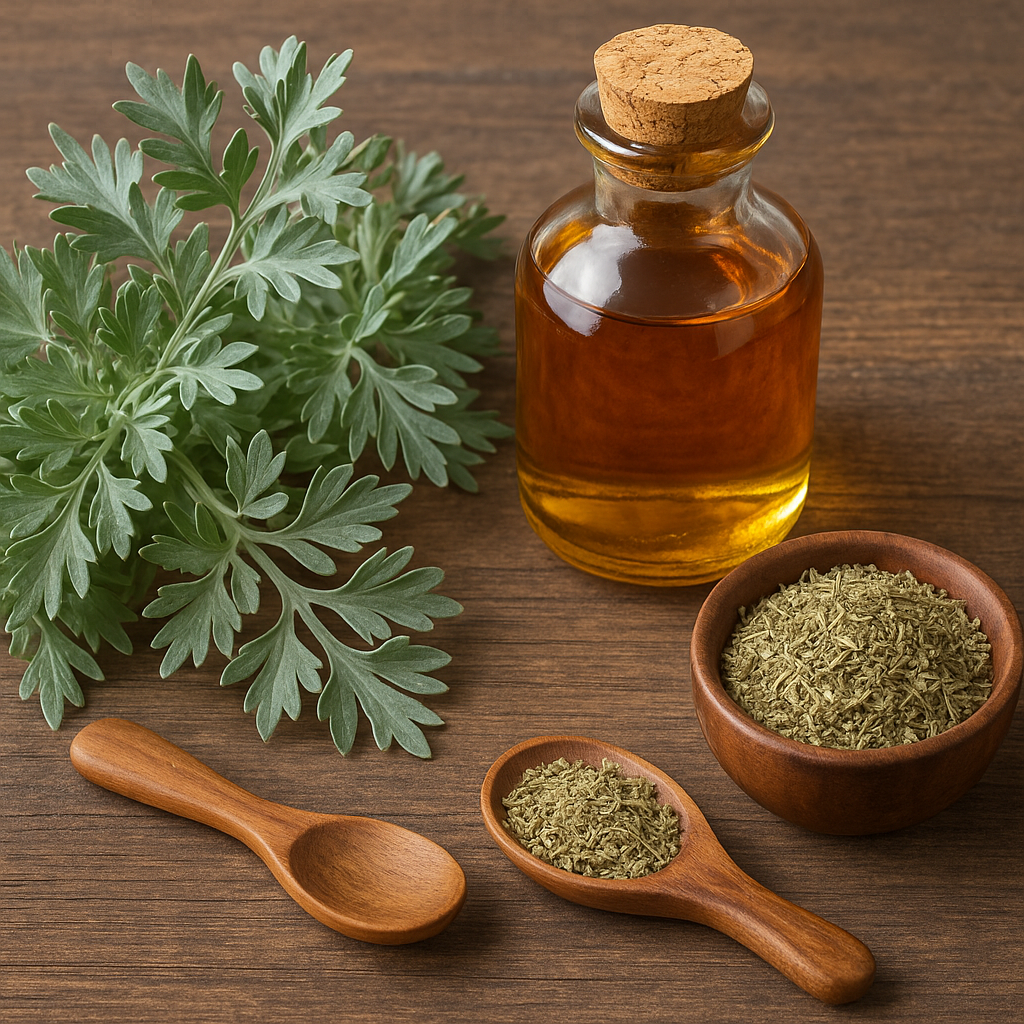News — herbal bitters
The Role of Bitter Foods in Digestive Enzyme Production
appetite regulation arugula bile secretion bitter foods bitter taste receptors bitters and digestion culinary uses of bitters dandelion greens detoxification digestive bitters digestive enzyme production gentian root gut health herbal bitters kale microbiome support natural digestion support nutrient absorption pancreatic enzymes stomach acid stimulation
From leafy greens like arugula and dandelion to herbal favorites such as gentian root, bitter foods have long held a place in traditional diets and healing practices. Yet in today’s world of sweet and salty flavors, bitterness is often overlooked—even avoided. What many don’t realize is that bitter compounds do far more than challenge the palate: they play a critical role in stimulating digestive function.
One of the most fascinating aspects of bitter foods is their influence on digestive enzyme production. By activating bitter taste receptors not just on the tongue but also throughout the gastrointestinal tract, these foods can signal the body to release saliva, gastric juices, bile, and pancreatic enzymes—all essential for breaking down food efficiently. This article explores how bitter foods enhance digestive enzyme production, why that matters for gut health, and how to reintroduce them into a modern diet that has largely sidelined this powerful flavor profile.
Wormwood: An Herb of Contradictions—Benefits, Risks, and Responsible Use
absinthe wormwood artemisia absinthium bitter herbs digestive herbs herbal bitters natural antimicrobials natural parasite detox parasite cleanse herbs safe use of wormwood thujone traditional herbal medicine wormwood wormwood benefits wormwood dosage wormwood essential oil wormwood interactions wormwood risks wormwood side effects wormwood tea wormwood tincture
Wormwood (Artemisia absinthium) is a plant that has walked the line between healing and harm for centuries. Revered for its bitter taste and medicinal potency, yet feared for its toxicity in excess, wormwood is one of the most paradoxical herbs in the apothecary. Its name evokes both ancient herbal wisdom and the infamous liquor absinthe—a beverage once banned for its supposed hallucinogenic properties. But beneath the myths and mysteries lies a plant with powerful therapeutic potential when used responsibly.
In modern herbalism, wormwood is experiencing a resurgence of interest for its roles in digestive health, parasite cleansing, and antimicrobial defense. At the same time, questions remain about its safety—particularly due to the presence of thujone, a compound linked to neurological effects. This article takes a balanced look at wormwood’s benefits, risks, and responsible usage, separating fact from folklore to help you make informed decisions about this compelling botanical.


